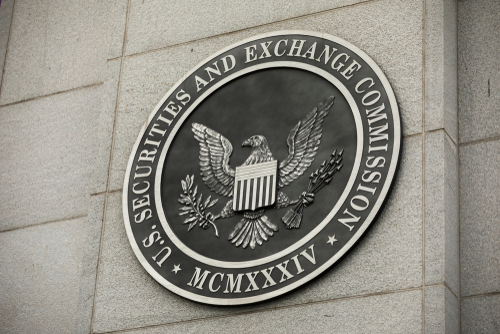On Friday, the Securities and Exchange Commission announced it had settled charges it had against New York-based investment adviser HG Vora Capital Management LLC for failing to make ownership disclosures in the months up to it acquisition bid for Ryder System, Inc.

The SEC said under federal law, a company that owns more than five percent of a public company’s stock must report its position and whether it has any intention to influence or control a company. On Feb. 14, 2022, HG Vora disclosed it owned 5.6 percent of trucking fleet company Ryder Systems common stock as of Dec. 31, 2021, but failed to disclose that it had a control purpose. According to the SEC’s order, HG Vora built up its position to 9.9 percent of Ryder’s stock and formed a control purpose no later than April 26, 2022.
Federal securities laws required HG Vora to report its control purpose by May 6, 2022. However, the company did not report the control purpose until May 13 – the same day it sent a letter to Ryder proposing to by all Ryder shares for $86 a share. The SEC said that before the letter to Ryder and its filing, and after forming a control purpose, HG Vora purchased swap agreements that gave it economic exposure to 450,000 more shares of Ryder common stock. After the company’s public announcement of its May 13 bid, Ryder’s stock price increased significantly.
“The federal laws and SEC rules covering ownership disclosure help keep investors fully informed about control – and potential changes in control – of publicly traded companies,” said Mark Cave, Associate Director of the SEC’s Division of Enforcement. “But, according to today’s order, HG Vora deprived Ryder shareholders of information about its significant stake in the company, while building a large swaps position from which it stood to profit after announcing the Ryder takeover bid.”
The SEC’s order found that HG Vora violated the beneficial ownership provisions of the Securities Exchange Act of 1934. HG Vora settled the charges by agreeing to cease and desist from future violations and to pay a $950,000 civil penalty.